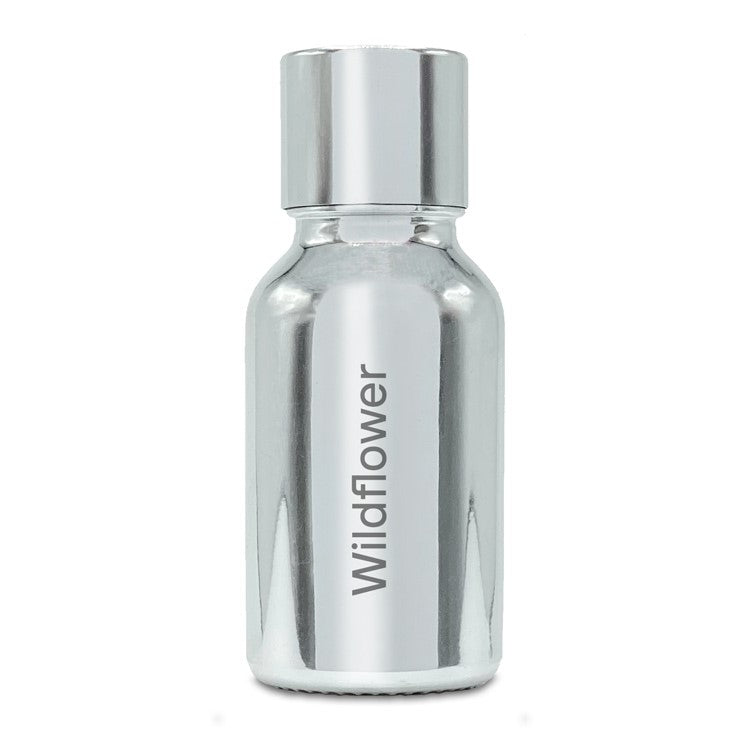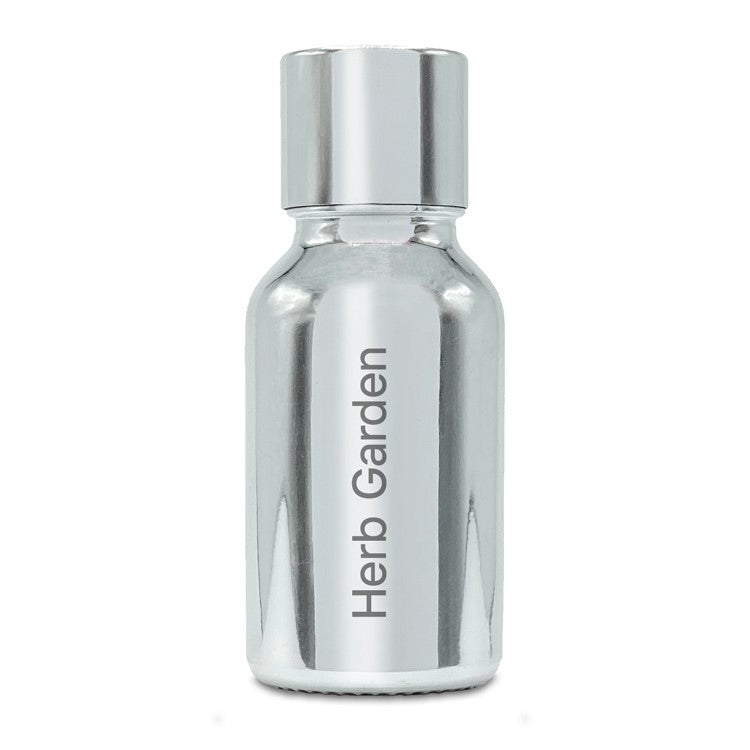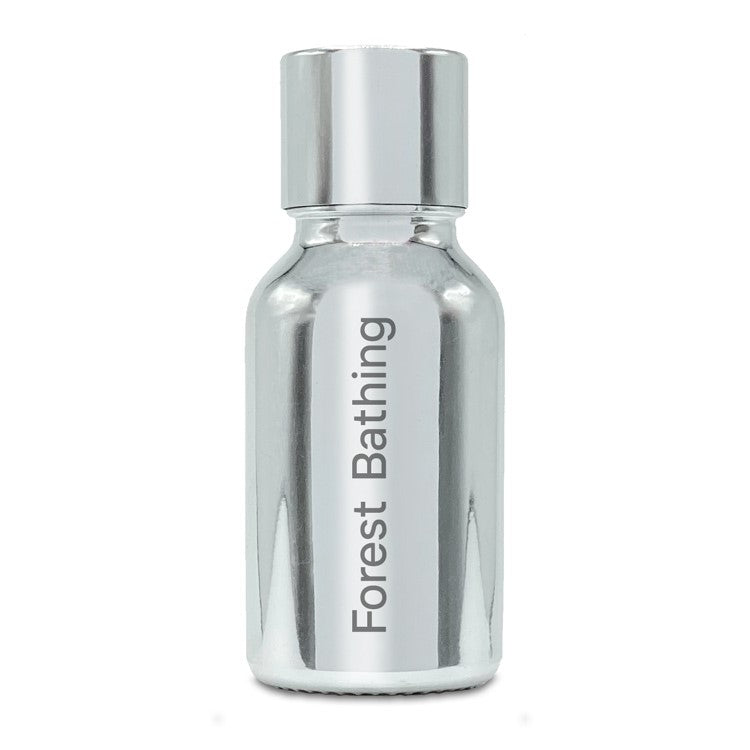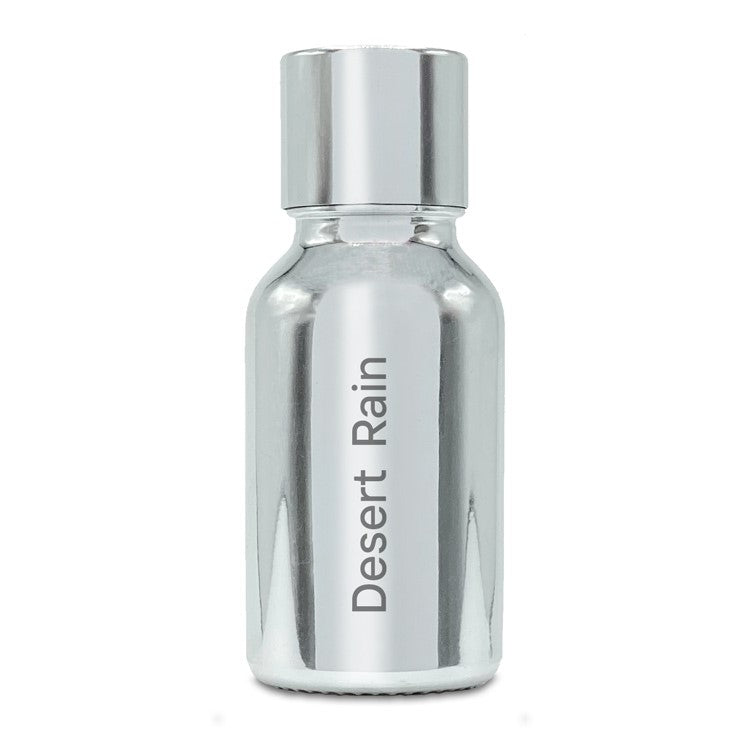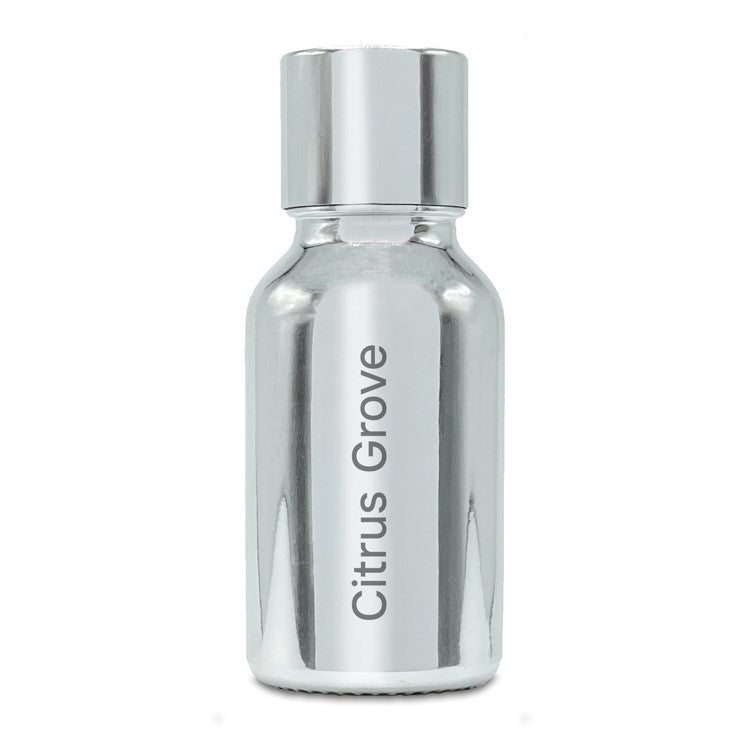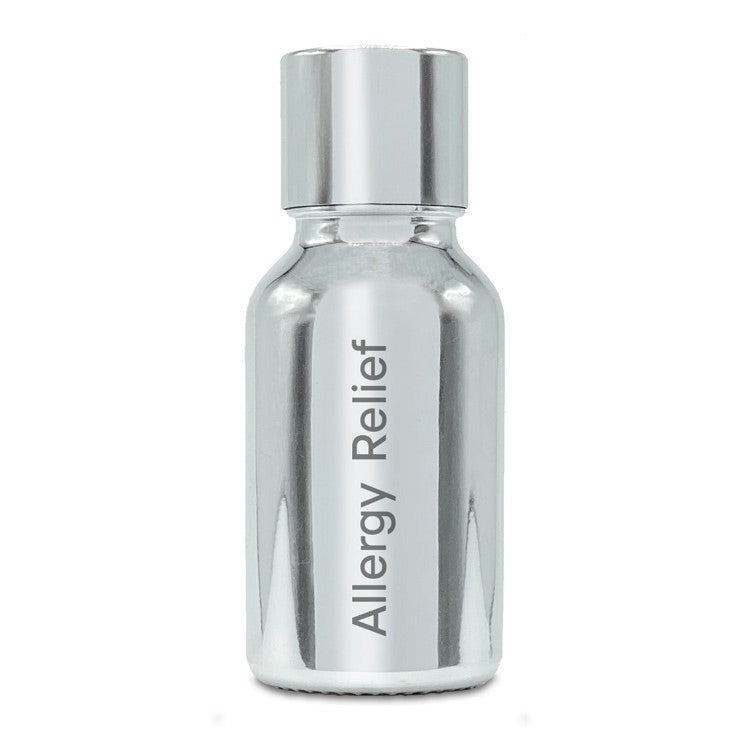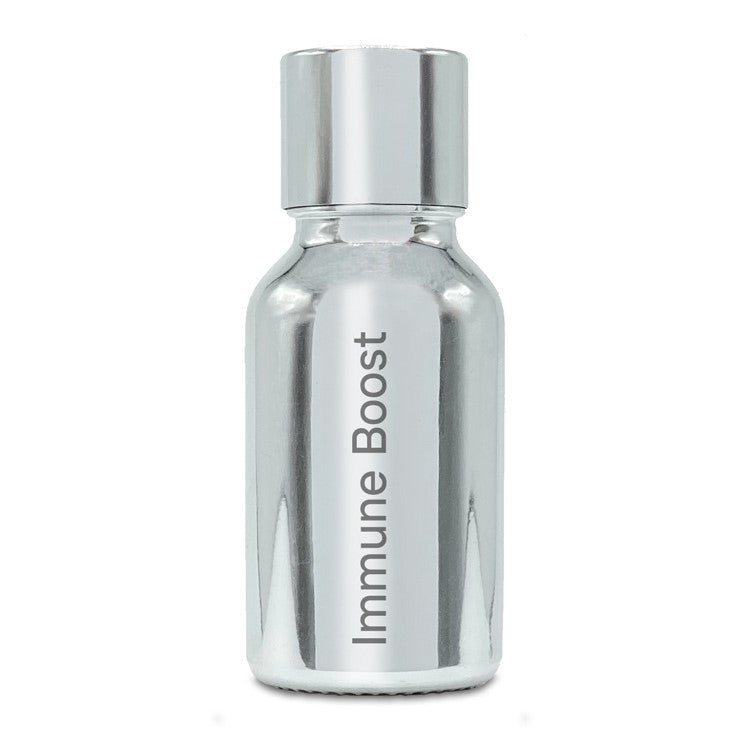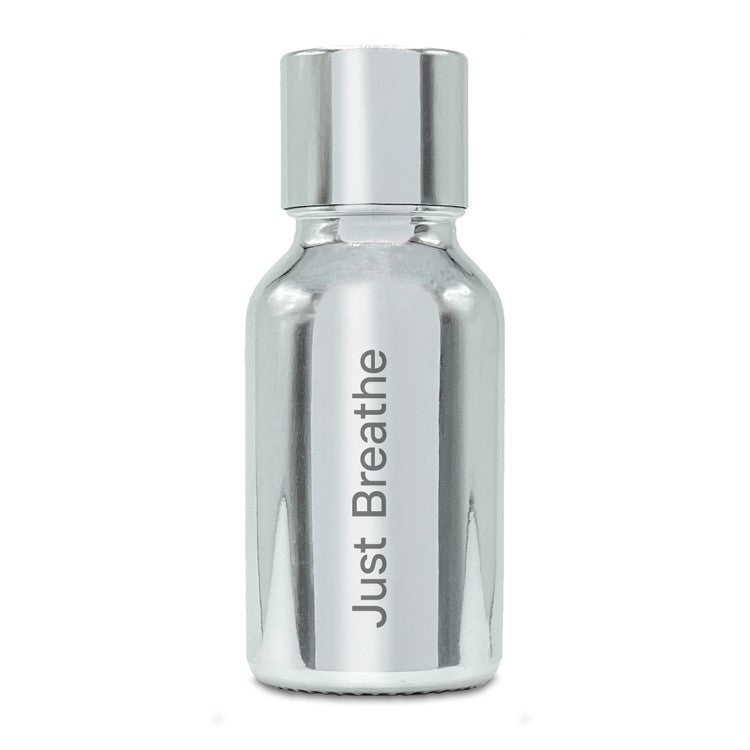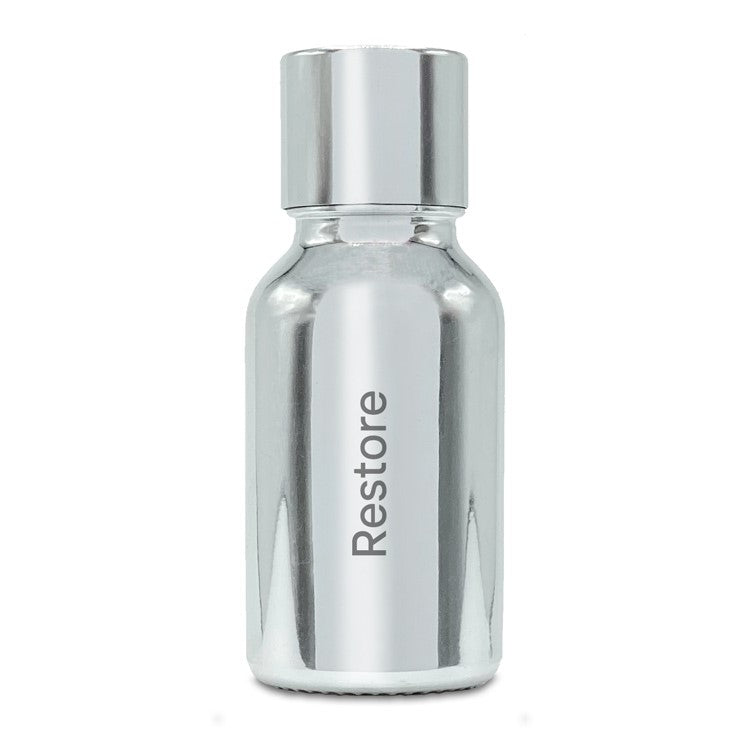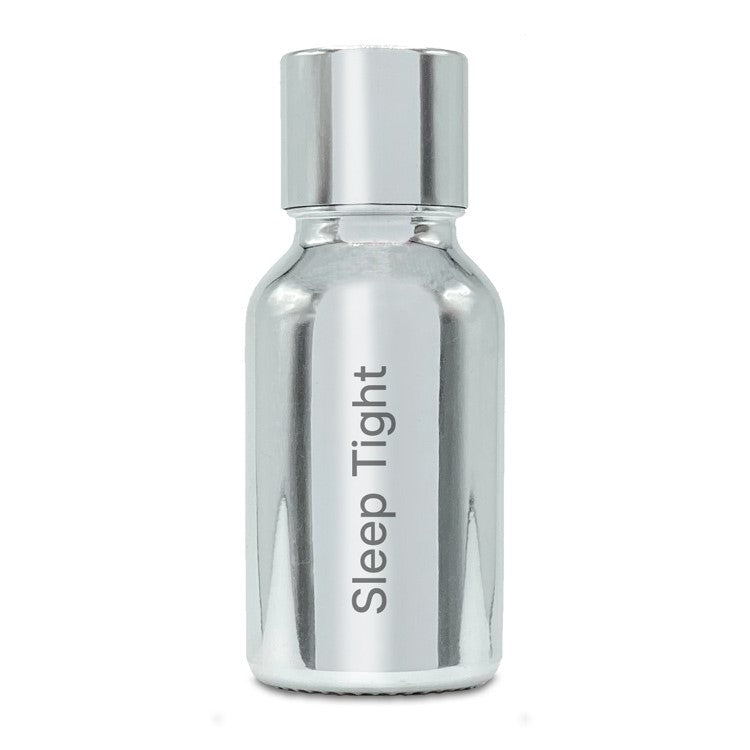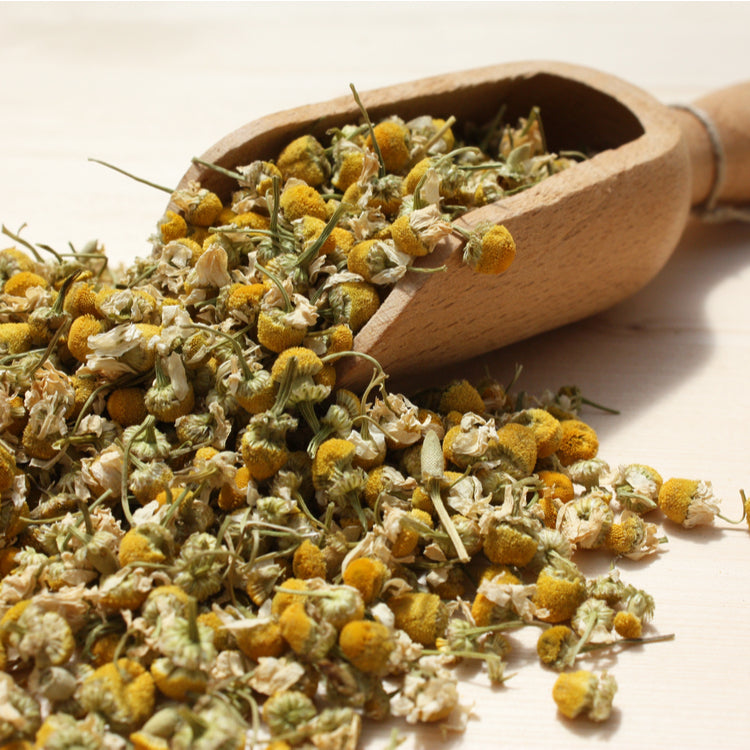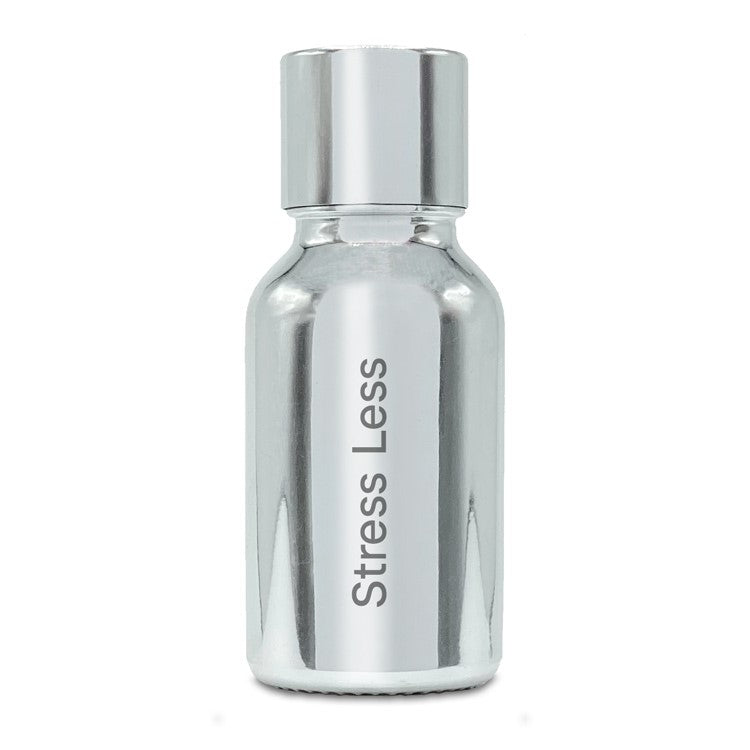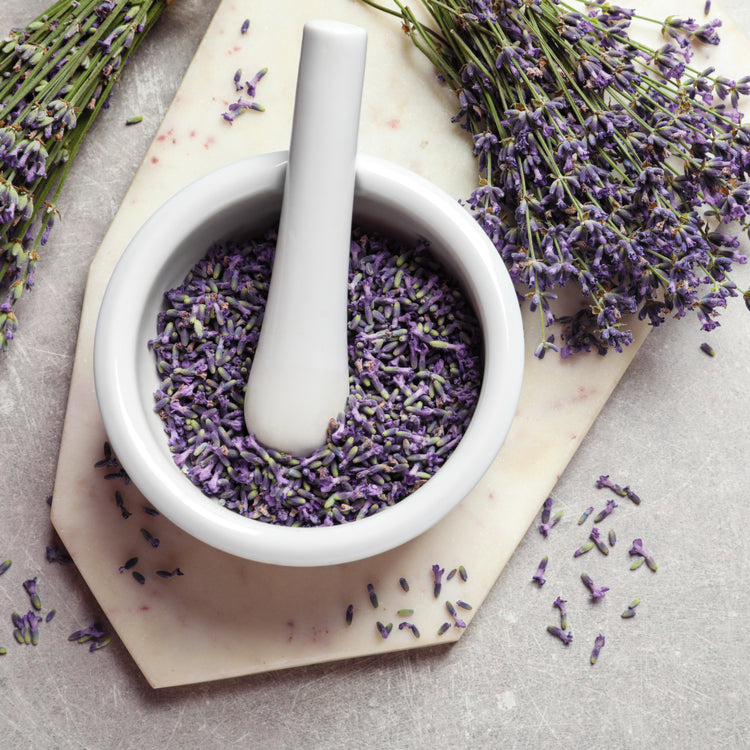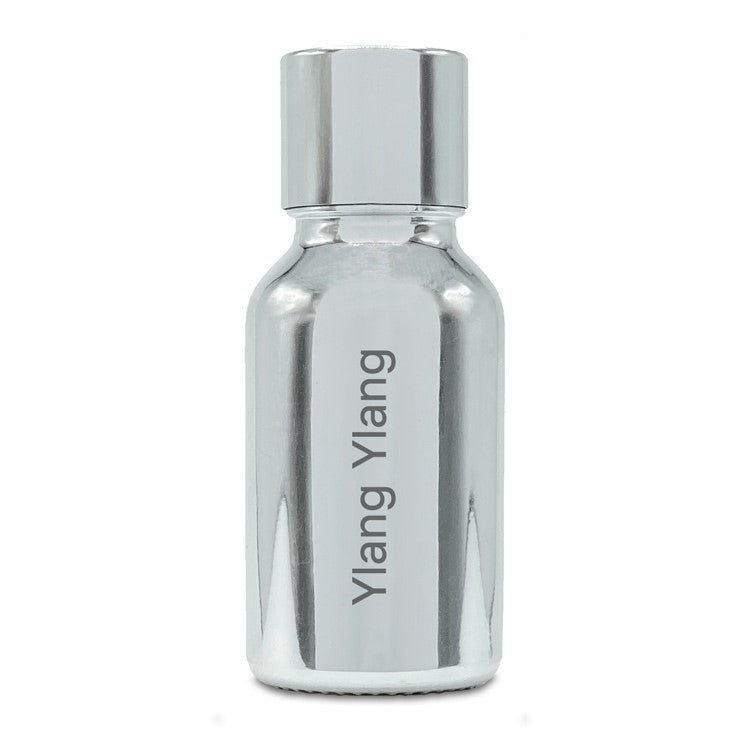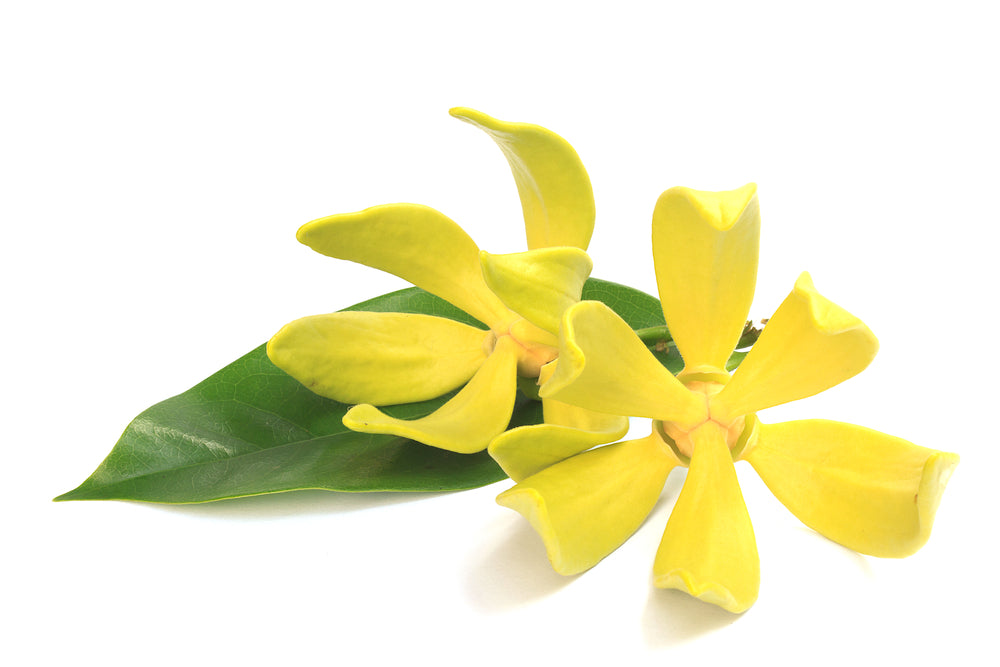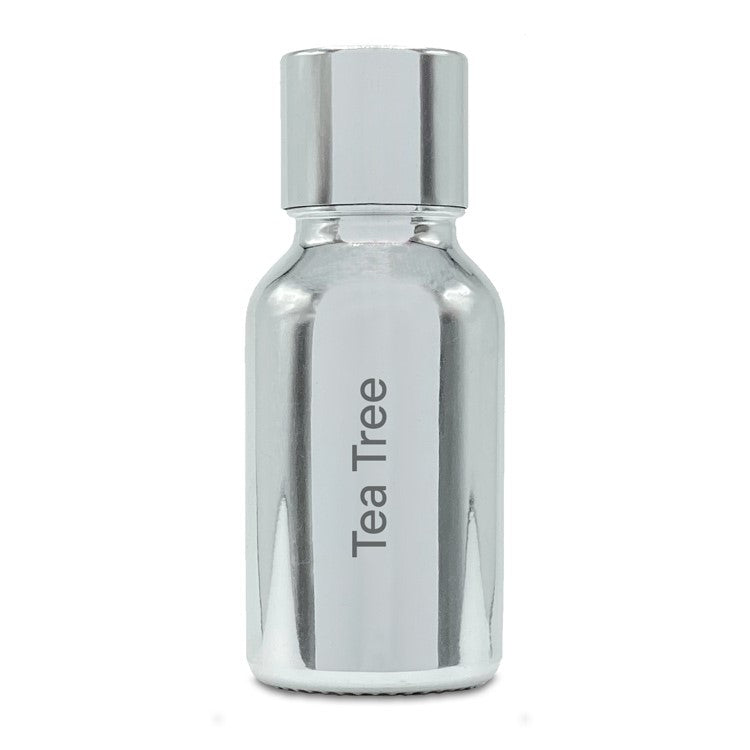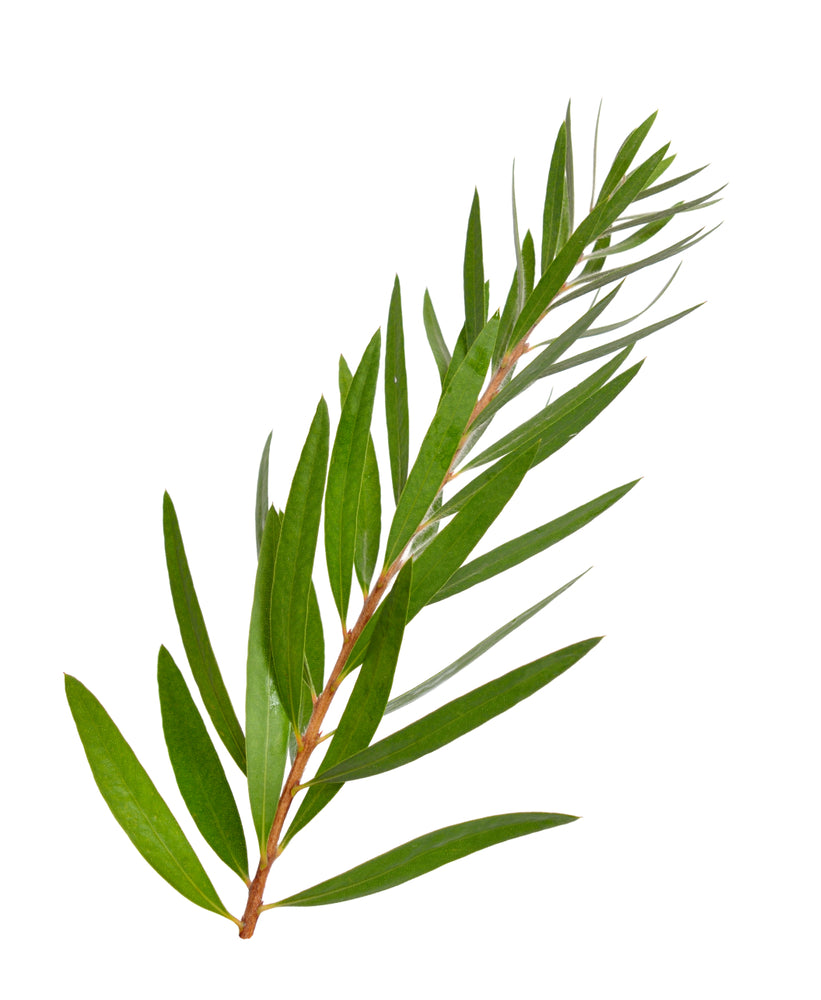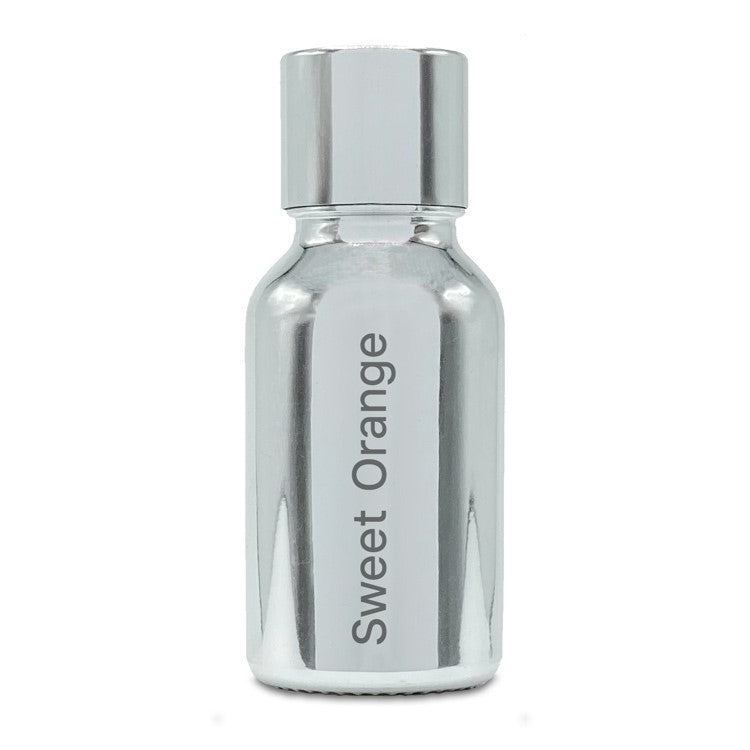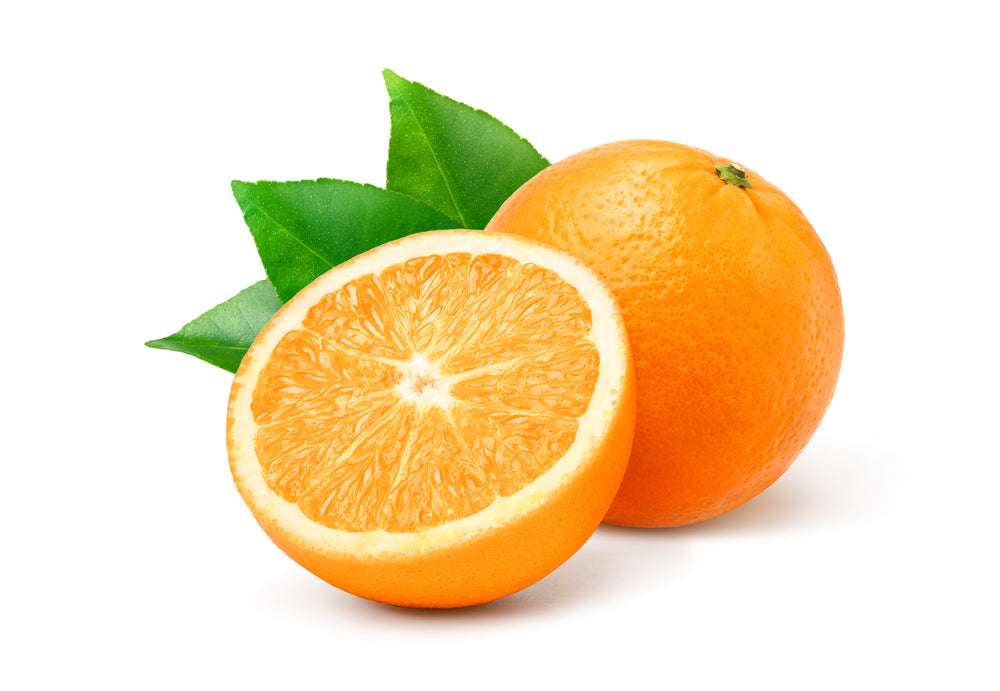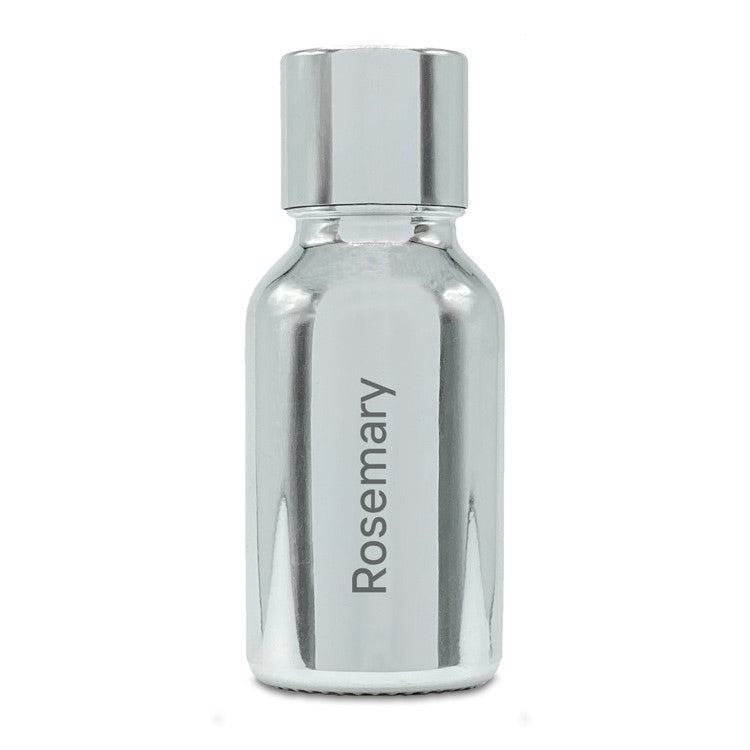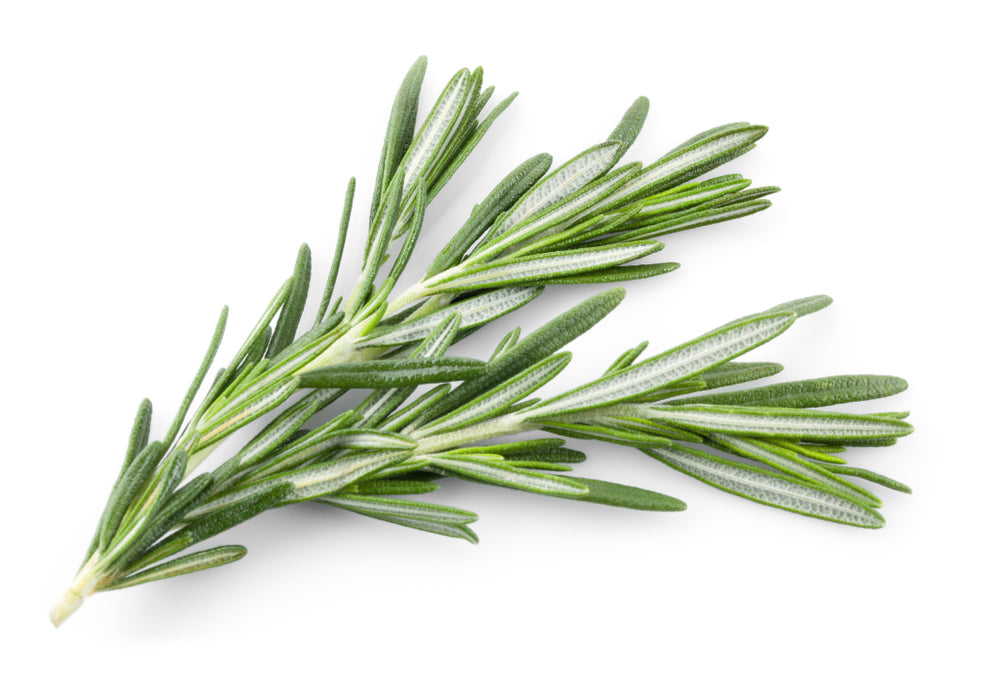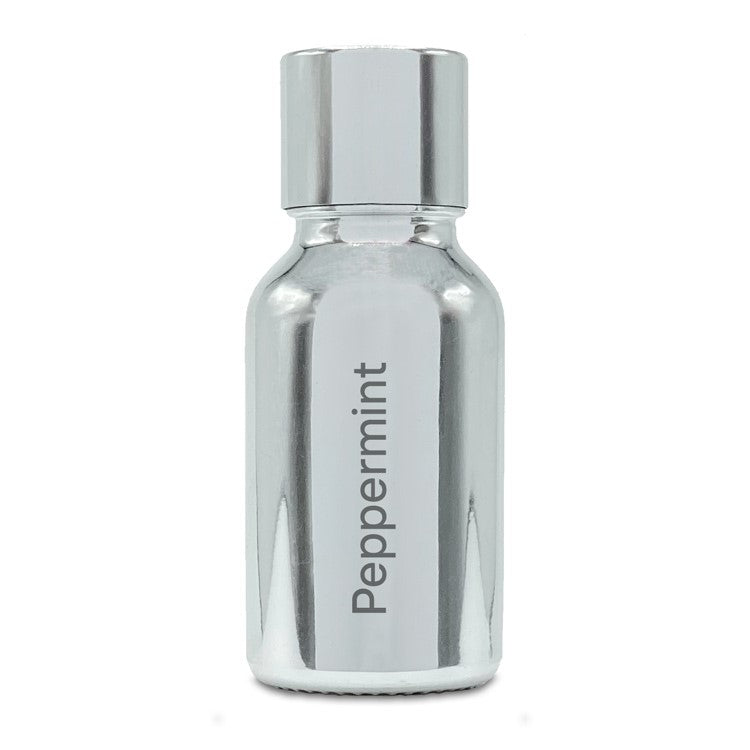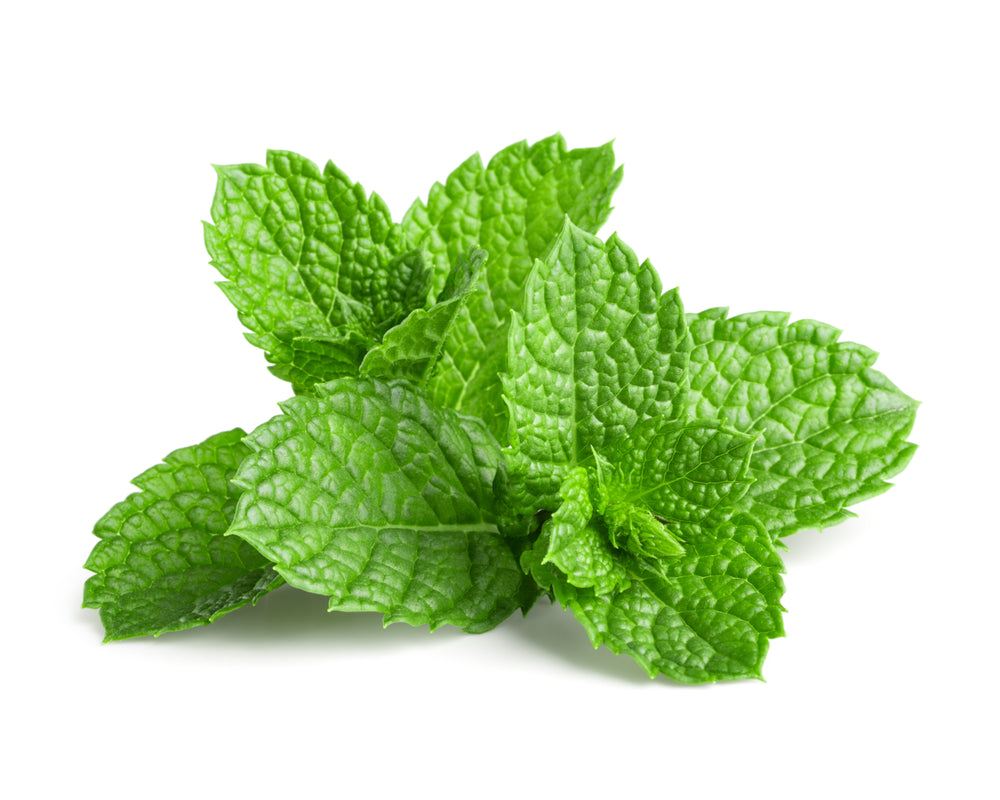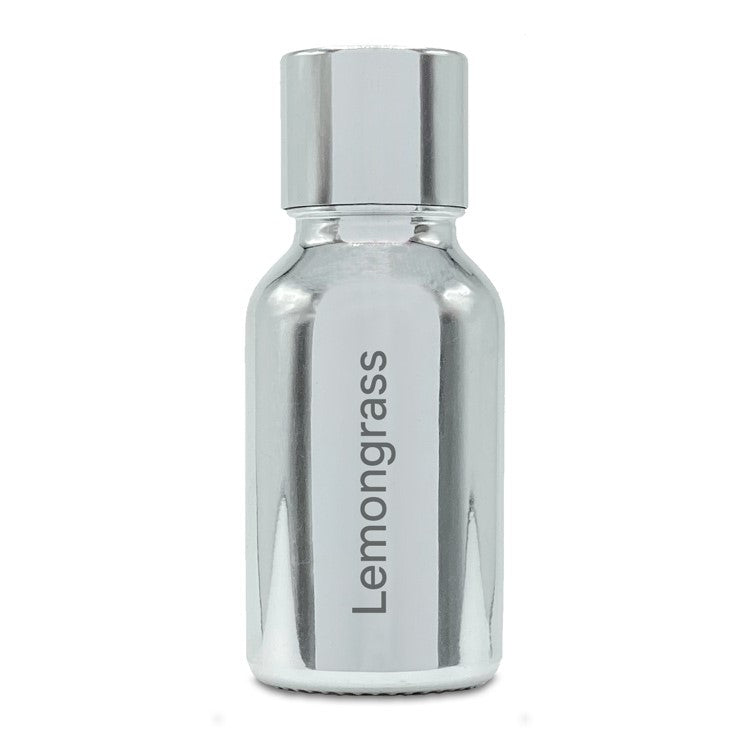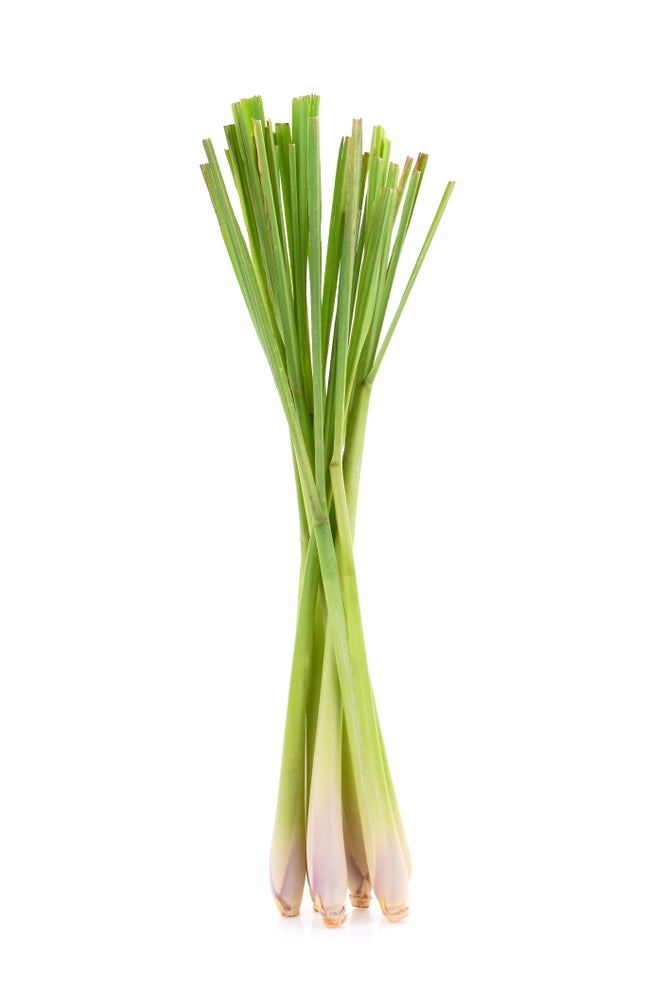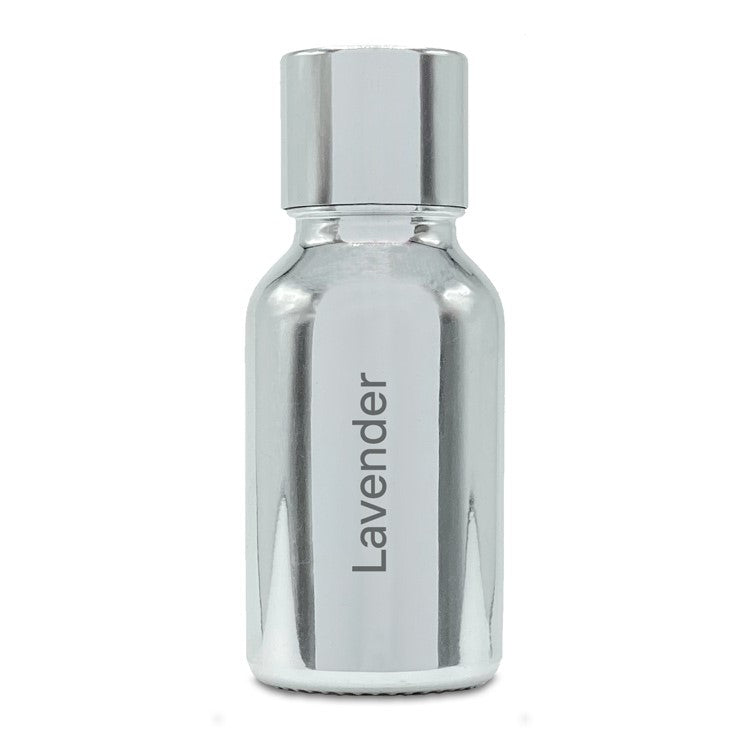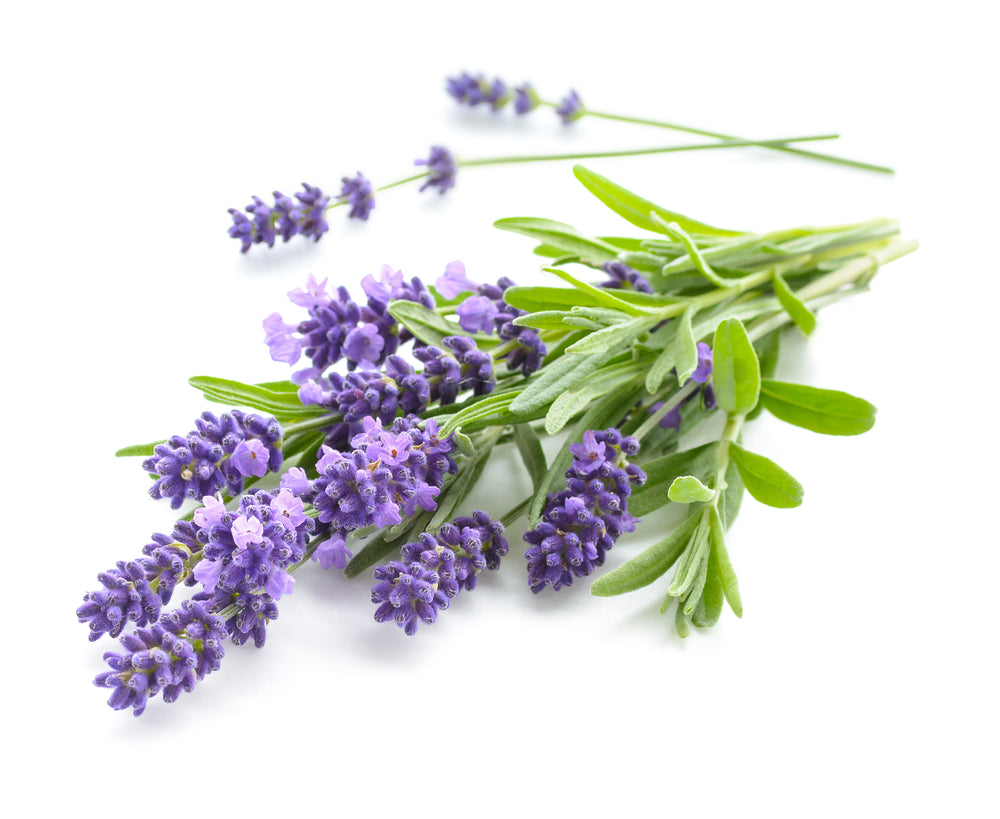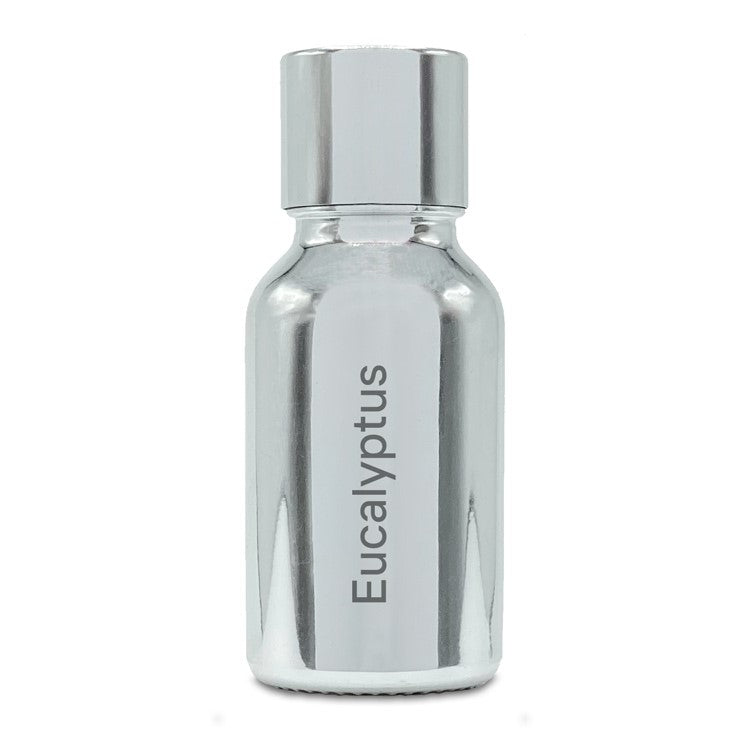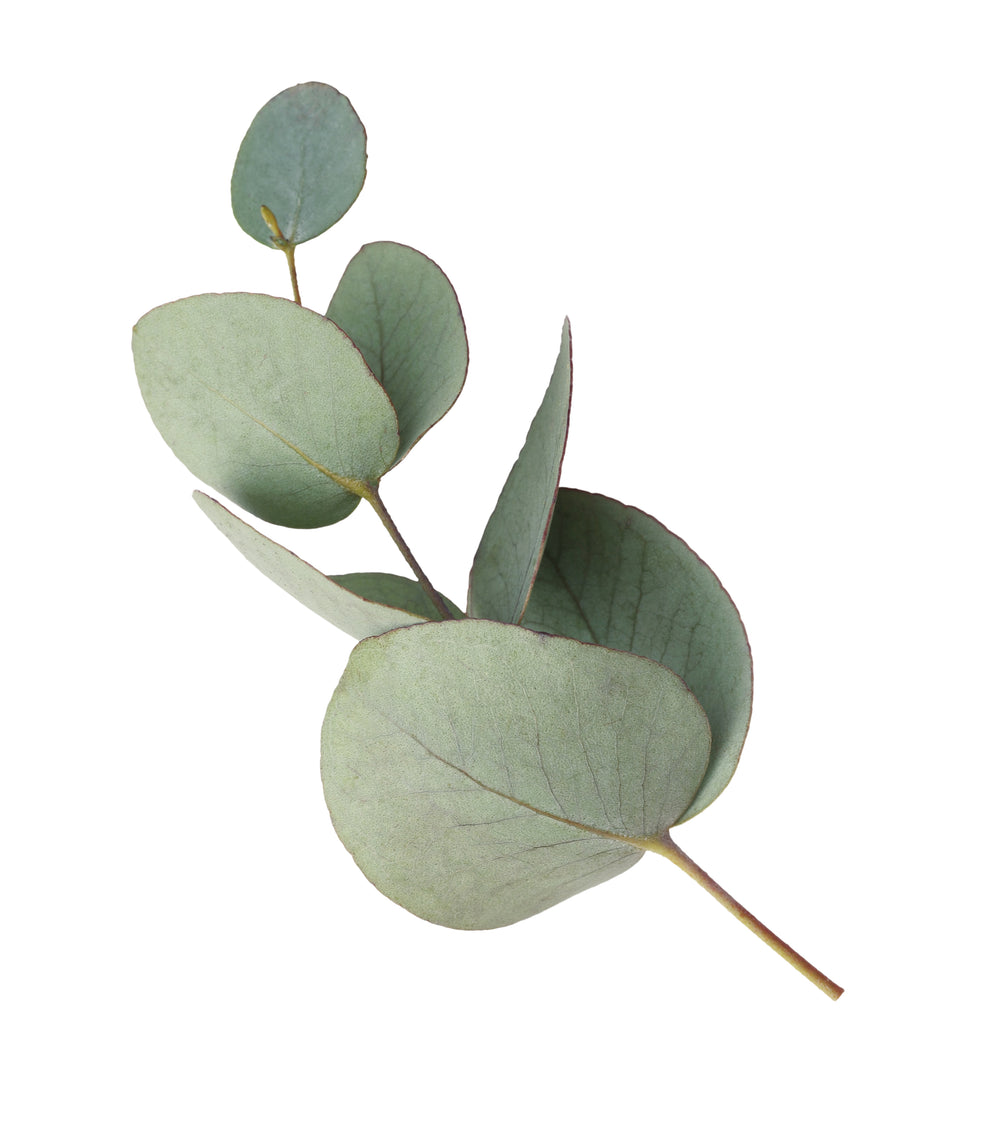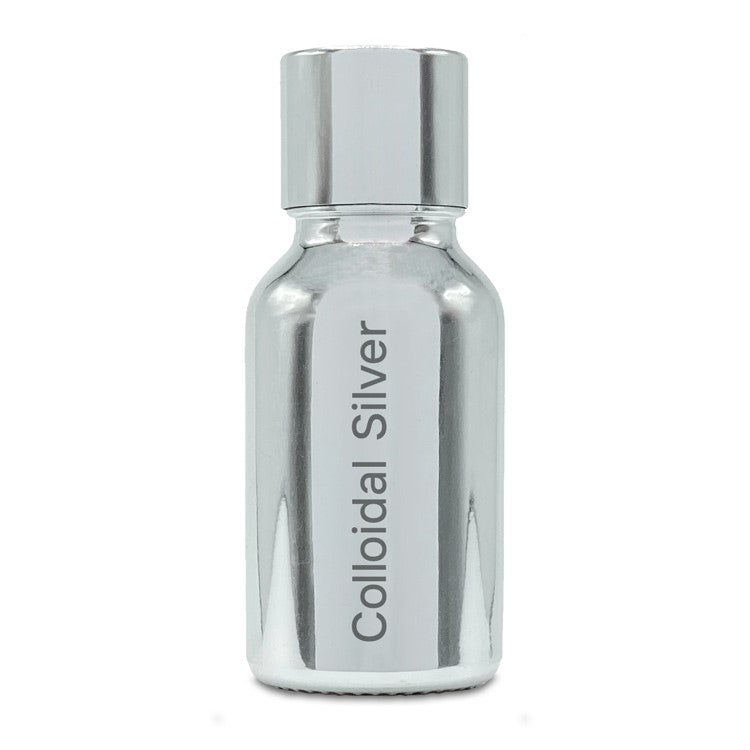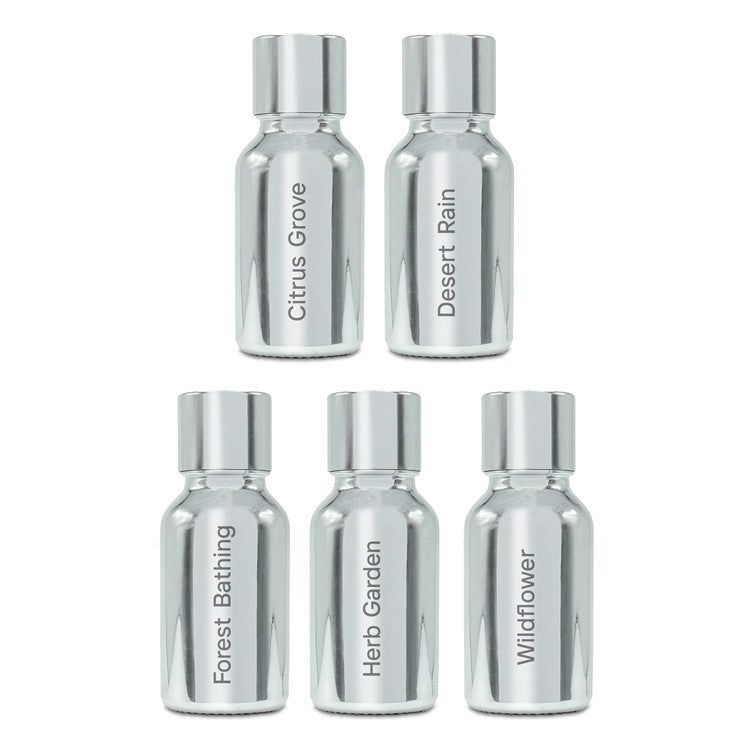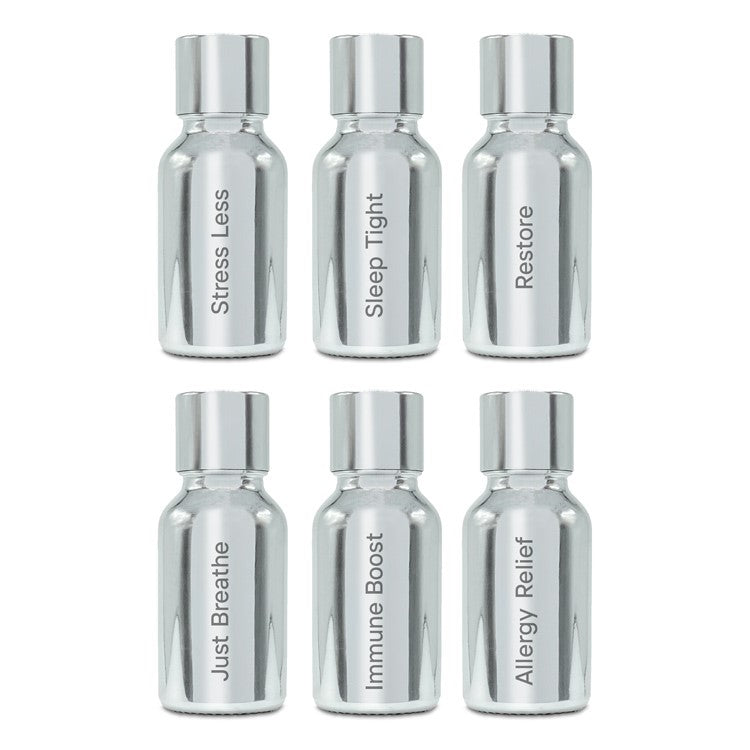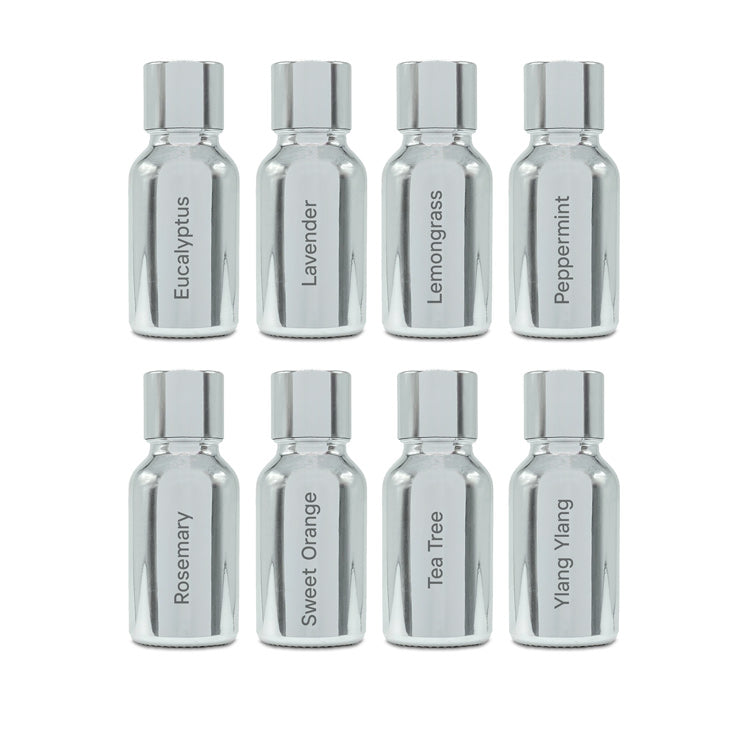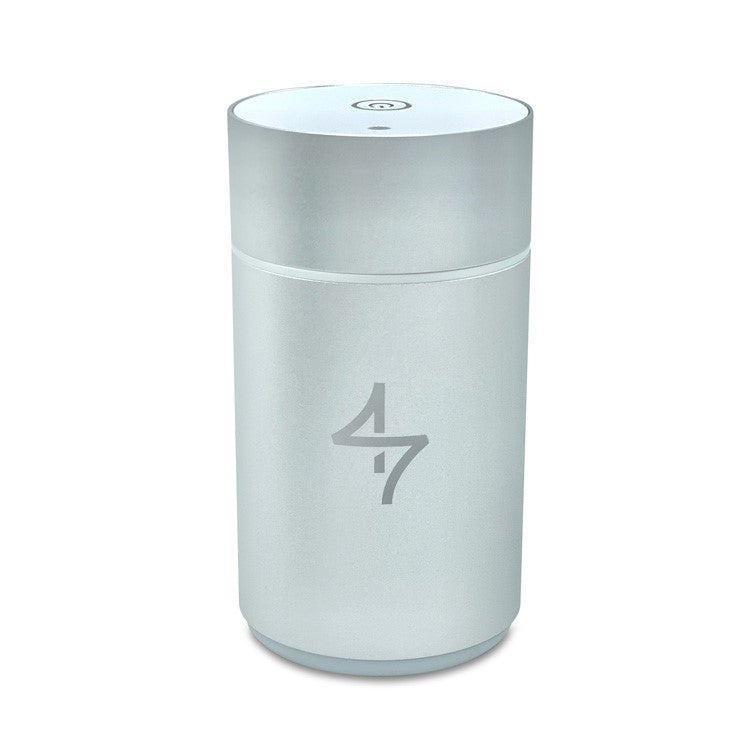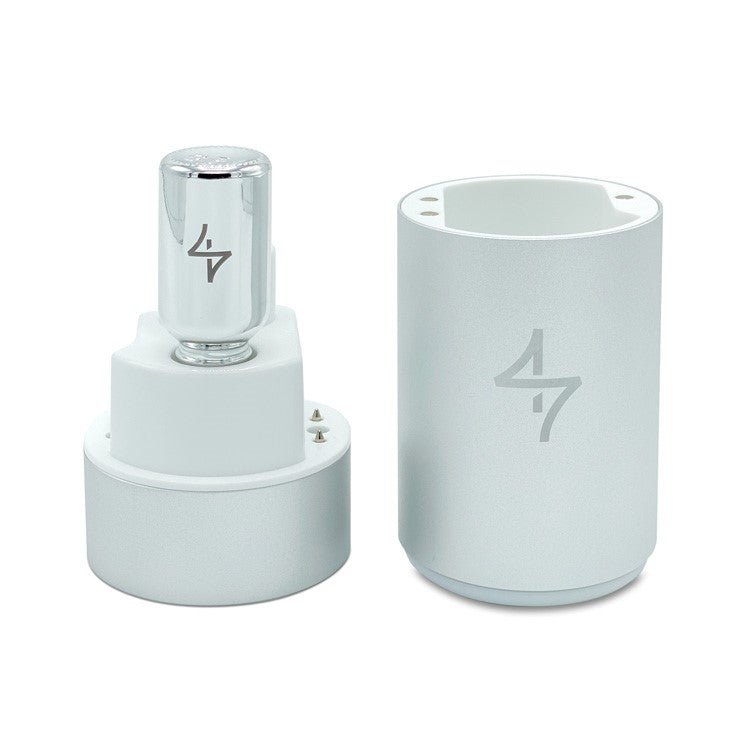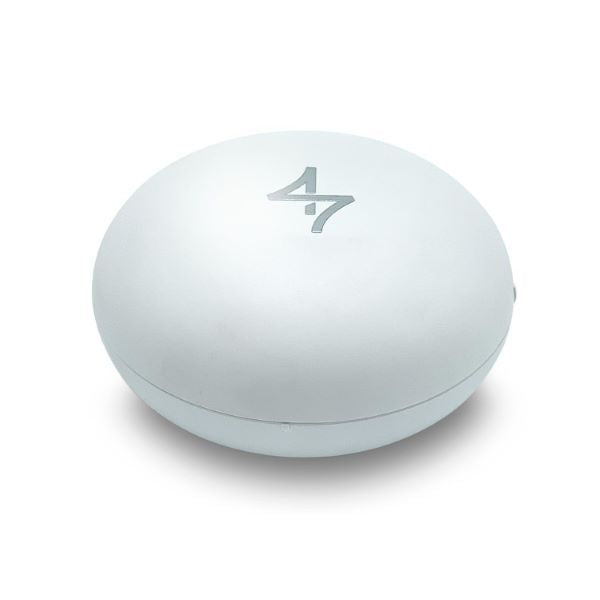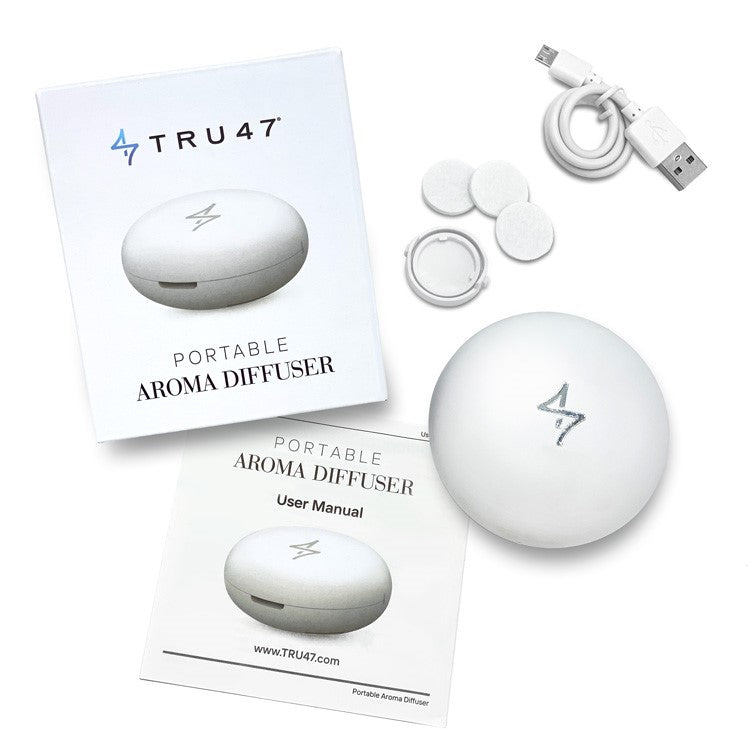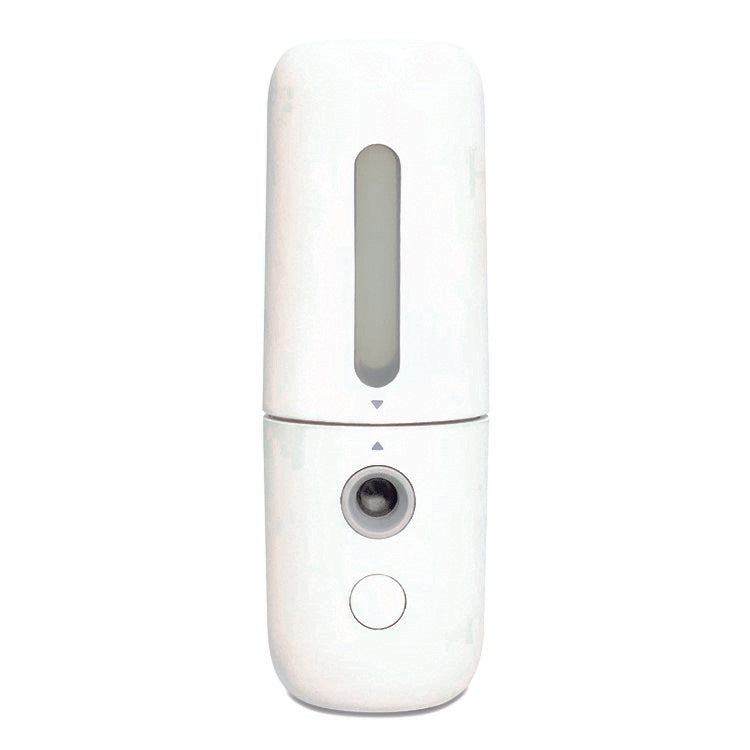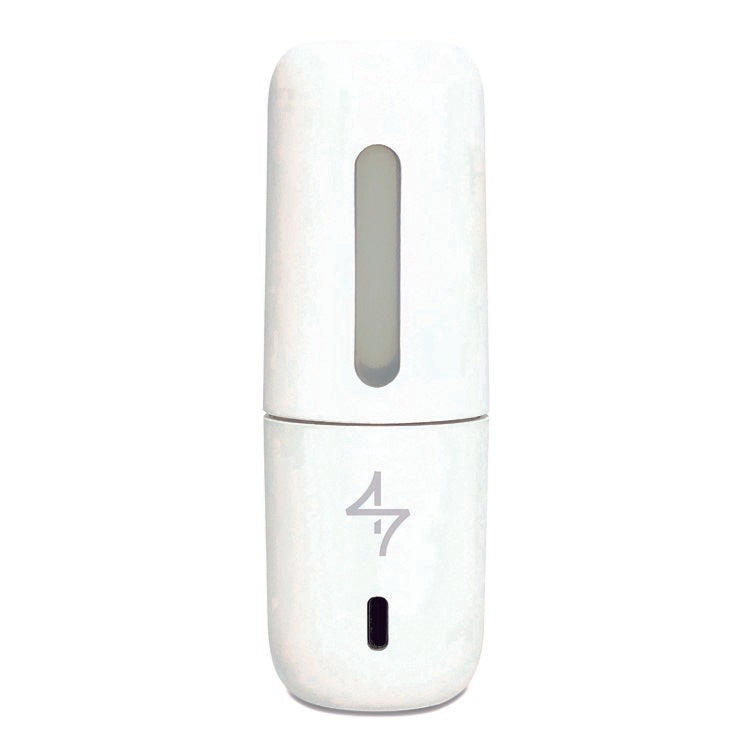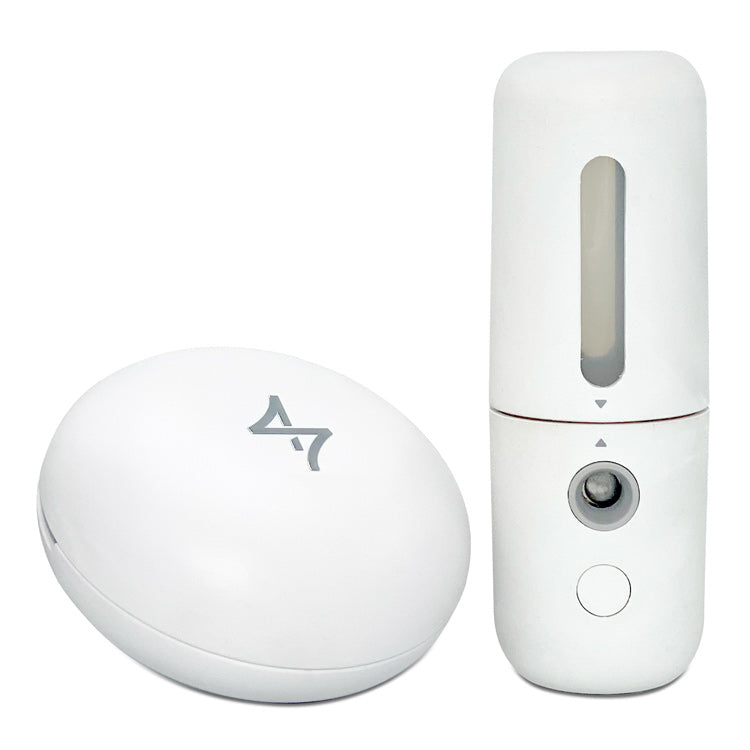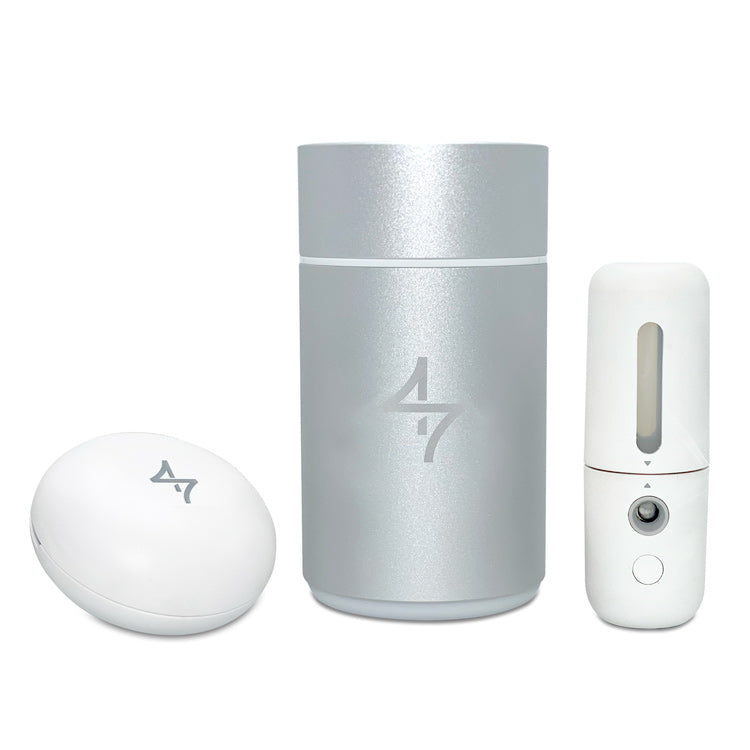What are our Essential Oils & Diffusers with Silver?
This collection features colloidal silver-infused essential oils and diffusers — carefully crafted, organic essential oils combined with silver to engage your senses and purify your space.
What types of products are available in this collection?
You’ll find a variety of single-note essential oils with silver (like Wildflower, Herb Garden, Forest Bathing, Citrus Grove, etc.), curated essential oil collections, and several diffuser styles including nebulizing, portable, handheld misters, and combo options.
Are the silver essential oil products organic and pure?
Yes. The oils are described as “One of a Kind. Pure. 100% Natural. Organic.”
What are some immediate uses for these oils and diffusers?
They’re meant for sensory engagement and adding a purifying, natural aroma to your environment — great for diffusing aromatics into your space.
Why is there silver in our essential oils & why does it make a difference?
A number of years ago, 2014 to be exact, we fell in love with the powerful, natural, therapeutic and antimicrobial benefits of silver. Ever since, we have devoted our company to creating amazing products made with pure silver because it is a scientifically proven antimicrobial and noble element.
Going back in time, before the advent of antibiotics in the 1940's, silver was the relied upon and trusted remedy for combating germs, fungi and viruses. It is still used in wound care today and being rediscovered and appreciated for its intrinsic attributes. The adage, what's old is new, rings true at TRU47. Silver infused in essential oils has many more far reaching benefits.
What are Organic Essential Oils?
Organic essential oils are concentrated compounds extracted from plants, botanicals, flowers, leaves, seeds, bark, roots and peels and are produced all over the world. They have been used throughout history by many cultures in Ayurvedic medicine for their therapeutic benefits. Referred to as Aromatherapy, essential oils are known to purify the air, and engage our senses to uplift and balance mood, improve sleep, enhance focus and concentration, and reduce stress and anxiety.
Each organic essential oil has unique characteristics and captures the scent or smell, flavor, aroma or “essence” of its genuine source, depending on the plant. Once the plant essence is extracted, it is bottled in its purest form.
Some essential oils are diluted with “carrier oils” to make them safer to apply topically.
All TRU47 Silver Infused Essential Oils are organic. In addition, our essential oils contain colloidal silver. They are not diluted, and they do not contain carrier oils. They are pure, 100% natural, and organic, and created to be diffused into the air through a nebulizing diffuser, and used for their aromatic, therapeutic benefits.
How are Organic Essential Oils Created?
Organic essential oils are harvested and obtained throughout the world. They are nurtured and created by extracting the pure life “essence” of a plant or source botanical through gentle distillation and/or cold pressing process. Any essential oil or blend produced using chemical processes is not considered to be true, pure or organic.
There are MANY essential oils available. Most essential oils are available in a “single note” also referred to as a “Pure Note” form, which means they are individually derived from one single source. Each single note essential oil has unique compounds and characteristics to serve specific medicinal and aromatic purposes. There are also essential oil blends, combining more than one plant or essence to serve a combination of purposes.
How Do Organic Essential Oils Work?
Organic essential oils have many different purposes and are used in many different ways. Some are used topically for massage therapy, muscle relaxation and for certain skin conditions.
The most common use of organic essential oils is for aromatherapy or aromatic delivery, upon where the essential oils are diffused into the air. When essential oil micro-molecules are diffused, they are inhaled through the nose to directly stimulate the olfactory and limbic systems in the brain. The limbic system is a part of your brain involved with sense of smell, emotions, and memories. In addition, this part of the brain controls several unconscious and physiological functions related to heart rate, blood pressure and breathing.
Specific essential oils are used and diffused for different purposes, such as: stress reduction, sleep, anxiety reduction, relaxation, awareness and alertness, detoxification, purification, centeredness, and overall well-being.
TRU47 organic essential oils are not to be ingested or applied directly to skin, and are created for aromatic use only.
What is a Carrier Oil?
Carrier oils used with essential oils and aromatherapies are made from plants. “Carrier Oils” are used to dilute concentrated essential oils for people to apply them directly to skin to avoid irritations. Carrier oils can be vegetable oils, coconut oil, avocado oil or some other oil derived from seeds or kernels to dilute the pure essential oil and to “carry” to the skin.
TRU47 Pure Essential Oils do not contain carrier oils and our TRU47 Nebulizing diffusers are intended to be used with our pure essential oil collections.
How and Why Should You Dilute Essential Oils with Carrier Oils?
Essential oils have many uses. Spas use certain essential oils like Eucalyptus in their steam rooms and showers, Lavender in relaxation areas, and diluted essential oils are used during massage therapy.
Essential oils are also used as aroma therapies when inhaled by diffusing into the air. Inhalation is the safest and fastest way to engage your senses and receive the benefits of essential oils.
People who prefer all-natural, non-toxic and chemical-free cleaning products dilute Sweet Orange, Lemongrass, and other oils with distilled water for wiping surfaces and cleaning.
A few drops of essential oils added to bathwater can be relaxing or refreshing.
Essential oils can also be therapeutic when applied directly to the skin as a part of a skincare regime, and to soothe irritations or heal wounds. Some essential oils are diluted with carrier oils, while others are pure and undiluted. Carrier oils, which are typically vegetable-based help dilute and “carry” the essential oil when to spread over a larger surface of the skin.
All TRU47 Silver Infused Organic Essential Oils are undiluted, and require dilution before any direct application to skin. It is important to dilute pure essential oils before applying to any part of the body.
When diluting essential oils with a carrier oil, as a general rule, one should keep concentration levels below 5%. Here are some essential oil dilution guidelines:
Adults:
• 2.5 – 3 percent = 15-20 drops of essential oil per 6 teaspoons carrier oil
• Diluting at 1 percent is equivalent to adding 6 drops of essential oil to 1 ounce of carrier oil.
• Guidelines for safe concentrations vary by age and health condition.
What is a Patch Test?
A patch test allows you to see how your kin interacts with a diluted essential oil when applied. Always apply a patch test to a small area of your skin, like your forearm, then wait 24 hours to see how your skin reacts before applying to a larger area. If the skin patch becomes red, itchy, irritated, swollen or blisters, wash with mild soap and discontinue use immediately.
What is the Difference Between Fragrances and Essential Oils?
Essential oils are created using plants while fragrance oils are created with chemical compounds. The “essential” difference between them is essential oils require the plant derivative to create a scent. Fragrances can also require blending up to 200 synthetic chemical compounds to create a certain scent or fragrance. There are also differences between types of essential oils, and how they are created, and whether they are labeled “pure” and/or “organic”. Fragrances are not pure, organic compounds.
Furthermore, essential oils and their plant therapies have been used, medicinally, topically, and aromatically as “aromatherapies” and healing remedies for thousands of years. Fragrances are used for more cosmetic reasons, and have no health benefits.
Pure, organic essential oils are derived from extracting the pure pressed life essence of a plant, naturally. Essential oils and their plant therapies have been used, medicinally, topically, and aromatically as healing remedies over thousands of years. Fragrances are used for more cosmetic reasons, and have no health benefits.
How Long do TRU47 Silver-Infused Organic Essential Oils Last?
Our pure, undiluted organic essential oils do not go bad or expire, so they have an indefinite shelf life.
What are Photosensitive Oils?
Certain essential oils are considered photosensitive oils also referred to as “hot”. Special caution should be taken with these oils as they make your skin more sensitive to UV radiation and sunburn. Photosensitive oils include, Bergamot, Grapefruit, Lemon, Lime, Tangerine, Wild Orange. These oils should always be diluted before using topically. When applied to skin, avoid any exposure to direct sunlight, indoor tanning or artificial UV rays for up to 12 hours after applying these oils to avoid skin irritations and burning. In addition, always check the ingredients of any essential oil blends that may include photosensitive oils.
What are the Most Common Uses and Wellness Benefits of Essential Oils?
A. There are hundreds of essential oils and blends, and they all have their unique potential uses for better health and well-being. Essential oils have a wide-array of uses, some medicinal to help treat health conditions.
Here are some of the most popular and common ways essential oils have been used aromatically or as aromatherapies to help alleviate certain conditions:
Antimicrobial and Immunity Defense
Certain essential oil compounds can inhibit and fight bacteria and air-born microbes, and aid in boosting or helping to protect immunity such as Eucalyptus, Tea Tree Oil, Sweet Orange, Rosemary and even Peppermint when diffused into the environment.
Alleviating Anxiety and Stress
Many people have used certain essential oils as a therapy to help reduce stress and anxiety, and aid in relaxation as a massage oil or as an aromatherapy. Examples of essential oils used for this purpose include: Lavender and Chamomile.
Headache and Migraine Relief
Anyone who suffers from headaches and migraines would be well-served to find a natural alternative to alleviate such conditions, which is why people seek the following essential oils to help: Peppermint Oil, Lavender Oil, Eucalyptus Oil, Rosemary Oil, and Ylang Ylang Oil.
Inflammation and Pain Reduction
There are certain essential oils what can help inflammatory conditions, such as: Eucalyptus Oil, Rosemary Oil and Lavender Oil, and Lemongrass Oil, but in most cases, these are applied topically to help alleviate inflammation and pain.
Sleep, Insomnia and Relaxation
Just the scent of Lavender Oil has been shown to induce relaxation, calm nerves and help improve sleep quality, which is why it is so widely used as an aromatherapy alternative.
Uplifting Mood, Focus and Attitude
Some people use essential oils as a pick-me-up – to enhance and elevate mood and to lift spirits. Essential oil examples include: Peppermint Oil, Lemon or Lemongrass Oil, and Rosemary Oil.
Additional Essential Oil Uses:
Aromatherapies and essential oils are a multi-billion-dollar industry, which has grown over the years as people look for more high-quality, chemical free, and non-toxic natural alternatives for their health, environment, personal use, hygiene and homes.
Many people find diffusing essential oils as an alternative to candles, which can contain synthetic scents.
In addition, people use safe and environmentally friendly essential oil-based cleaning products to disinfect and to clean their homes, offices, and living spaces.
Others use essential oils to freshen up laundry and linens, while others even use them as insect repellents.
Are Essential Oils Safe to Use While Pregnant?
Most essential oils are safe to diffuse and inhale during pregnancy. However, do not ingest essential oils and consult with your OBGYN or physician before using undiluted essential oils topically while pregnant.
Essential oils come in many scents and concentrations, and while certain varieties are safe to use and diffuse while pregnant, others need to be avoided. An exception would be Lavender Oil help with relaxation, and it is also sometimes used during labor, but consult with your doctor before using topically.
Are Essential Oils Safe for Babies?
A. Depending on the essential oils, one can diffuse in the home, but it is best to keep out of your newborn or baby’s room until they are older.
Since most essential oils are highly concentrated plant extracts, it is NOT safe to apply topically or diffuse essential oils with infants less than six months old. It takes six months to a year a baby’s lungs, sinuses and immune system to develop, so it is not recommended. There are some exceptions, when diluted blends are made specifically for infants, but as a general rule using or diffusing essential oils around infants is not recommended. Always check with your pediatrician or physician before considering introducing essential oils in any concentration to your infant. The age of the child is very important when considering each essential oil and how it may affect your baby or young child. Essential oils should not be ingested or given orally.
Are Essential Oils Safe for Children?
Depending on the age, children are more sensitive and more likely to have adverse reactions to essential oils than adults, especially if the essential oils is highly concentrated and not diluted. When diffusing essential oils in your home, keep in a safe place, and out of reach from children.
Here are some general essential oil rules to consider for children:
• Do not give orally. Essential oils are highly concentrated and can be toxic if ingested.
• Children are more susceptible to having allergic reactions since their immunity systems take time to develop.
• Do not apply essential oils directly to their skin. There are diluted versions made specifically for children, but always inquire with your pediatrician or physician first. Age and weight will always need to be considered.
• Do not use peppermint oil with children less than 30 months of age. There are risks, including seizures.
• Do apply a patch test first if used topically, but consult with your pediatrician first regarding the specific oil, it’s intended use, and reason.
• Always consult with a pediatrician or expert before introducing essential oils to your child or children.
How Can Essential Oils be Used Around Pets?
Diffusing essential oils as an aromatherapy in your home when pets are present is safe, but keep the essential oils and the diffuser away from direct contact with your pets. You may also want to run your diffuser for an hour at a time to monitor your pet’s reaction. Notice if your pet shows signs of discomfort. Also keep diffuser away from your pet’s favorite place to nap or hang out. Never give your pet pure essential oils orally. Topical use can also be dangerous and toxic to apply to an animal’s skin, (especially Tea Tree Oil).
What Essential Oils Are Safe for Pets?
These essential oils are generally safe to use in a diffuser around dogs:
• Chamomile
• Frankincense
• Ginger
• Lavender Oil
• Myrrh
• Rosemary
Essential oils are generally not recommended for cats. Although, some believe the following can be used at the owner's discretion:
• Chamomile
• Frankincense
• Lavender Oil
There is some crossover regarding which essential oils are safe for cats and dogs.
For example, Lavender is actually used in some calming toys for dogs. Always check for signs of distress, which include:
• Difficulty breathing
• Drooling
• Extreme lethargy
• Skin irritation
• Vomiting
What Essential Oils Are Not Safe for Pets?
These essential oils are toxic and should not be applied to dogs or cats (or any blend with these ingredients:
• Anise
• Birch
• Citrus
• Cinnamon
• Clove
• Eucalyptus Oil
• Juniper
• Oregano
• Peppermint
• Pine
• Tea Tree Oil
• Thyme
• Wintergreen
Animals have a different reaction to essential oils than humans. Therefore, dogs and cats may have certain sensitivities to them. It is best to check with your vet before considering using these essential oils in a diffuser in closer proximity to your pet.
Are Nebulizing Diffusers Safe?
Yes. Nebulizing Diffusers are very safe as they DO NOT require water or heat to operate. There is no risk of diffusing microbial growth, mold or fungus which can cause respiratory irritation and can occur with diffusers that require water. Nebulizing diffusers atomize the pure essence of the oils without adding water or diluting.
What is the Difference Between a Diffuser and Nebulizing Diffuser?
Most Diffusers use water and heat to diffuse by evaporating the water particles to transport and disperse essential oils into the air. This process can diminish the benefits of the essential oils. A Nebulizing Diffuser does not use heat or water to nebulize the essential oils by compressing the cold air and oil molecules into invisible, ultra-light micro-droplets, allowing the mist to disperse into the air across a larger area without losing the aromatic and therapeutic benefits of the oils, and delivering the pure essence over a much longer period of time.
Why are Nebulizing Diffusers the Better Choice?
When using a Diffuser, the heat can ruin or break down the benefits of the essential oils. In addition, essential oils do not mix well with water. A Nebulizing Diffuser or Nebulizer technology does not use heat or water, maximizing the aromatic applications and therapeutic benefits of the essential oils, and allowing them to stay in the atmosphere longer. Other diffusers lack the nanotechnology to break down the heavy oil molecules into invisible light-weight micro-droplets, which is what a Nebulizing Diffuser accomplishes.
What are the Benefits of Using a Nebulizing Diffuser with Essential Oils?
Using essential oils with a nebulizing diffuser as opposed to a diffuser can help combat against germs and microbes, mid-air. The flu and other viruses are tiny and aerodynamic, which is means they are air-born and can float, while most bacteria are too large to stay suspended, which is why they fall to surfaces.
Nebulizing certain essential oils is one way to battle these viral microbes. When the essential oils are nebulized and broken down into invisible micro-droplets that emit into the environment, they can purify the atmosphere and deodorize, especially when adding colloidal silver, which is sterilizing. Aside from the air purifying benefits, there are many other uses for your home, office and health, depending on the essential oils used in your Nebulizing Diffuser.
Why do Nebulizing Diffusers have Timers?
Nebulizing Diffusers usually have a timer to set the mode on continuous or intermittent to customize how long you want the scent diffused. Because Nebulizing Diffusers do not require water and they do allow pure, undiluted essential oils, they can deliver more potent essences for a longer period, the timer allows the user to control the length of time for diffusing.
What Areas and Square Footage do your Portable Fan Diffuser and Nebulizing Diffusers Cover?
The small TRU47 Portable Diffuser covers up to 500 square feet. The TRU47 Nebulizing Aroma Diffuser covers up to 1,000 square feet
What is a Fan Diffuser?
Our Portable Aroma Diffuser is a Fan Diffuser, which does not require water. Fan-operated diffuser units come with absorbent cotton pads for you to place the undiluted essential oils. Using the dropper, place 3-5 drops of your favorite essential oil on the cotton pad, cover, then switch to operating mode.
Our portable fan diffuser uses air to diffuse the essential oils and disperses the scent throughout your living space, office, or even while traveling or in your car.
How Do I Use a Fan Diffuser?
Essential Oils will need to be added with the dropper to the cotton pad every 2-3 days, or when the scent begins to dissipate is when you should add more oil. The small absorbent pad or tray will need to be replaced every few weeks.
Based on use, and length of time, you will see how long the oil on the pad or tray last.
How Do You Care for a Fan Diffuser?
As for cleaning the fan-operated aroma diffuser, replace the pads when replacing oils with new ones. The tray and unit itself can be wiped off with mild soap, warm water and a cloth.
Related Products
Silver Socks | Sleep Collection | Silver Scarves | Kids Collection | Masks| Grounding Products | Essential Oils | Nasal Inhalers | Colloidal Silver Sprays | EMF Blocking Products | Digital Wellbeing Products | Cell Phone Radiation Protection Products | Grounding Mats for Beds | Earthing Mats for Beds | Silver Gloves | Nebulizing Diffusers


